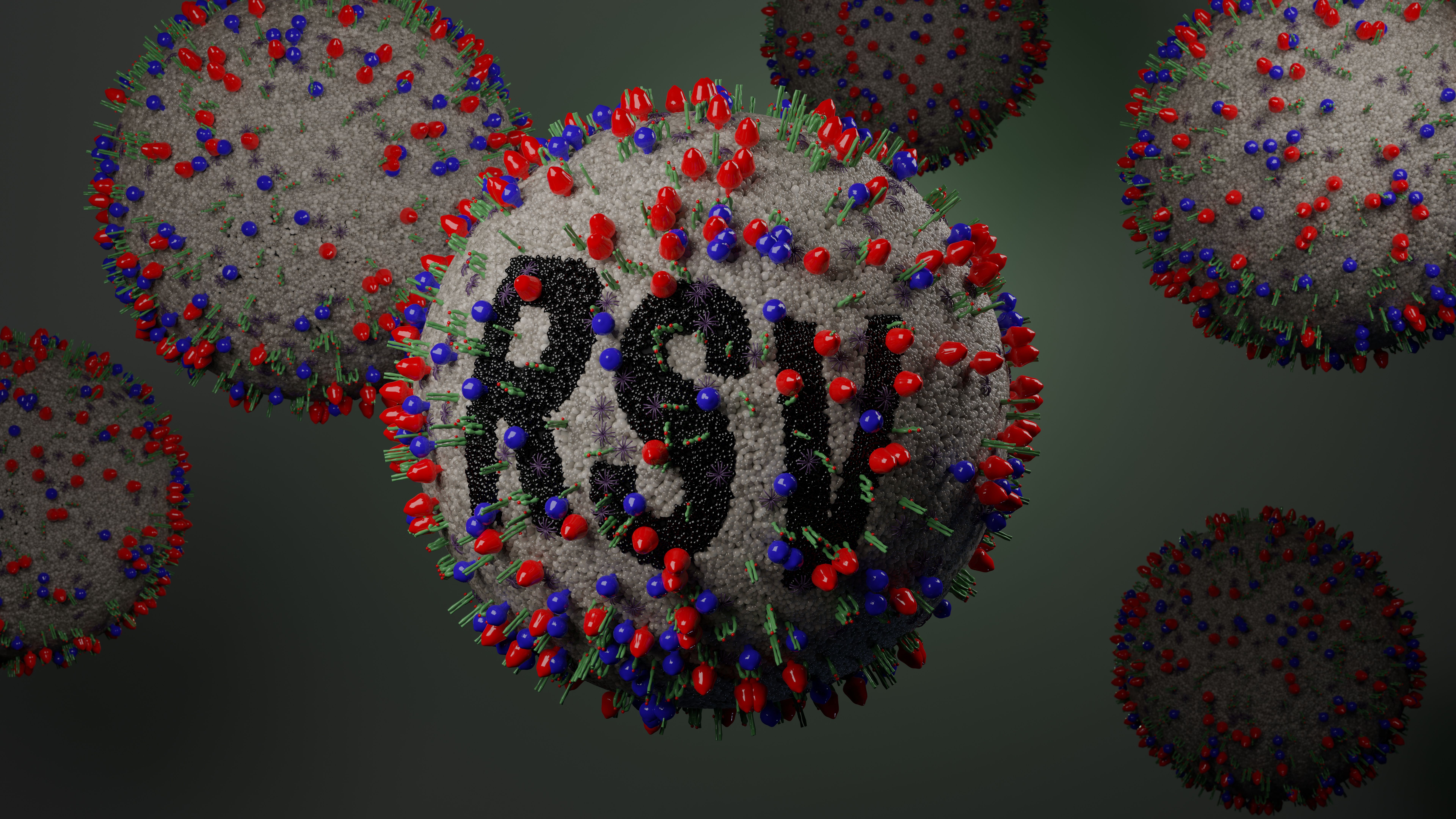Key takeaways:
- The price of nirsevimab (Beyfortus) has been raised by 5%, with new list prices per dose for 50 mg and 100 mg doses set at $519.75.
- Despite the price increase, the cost through the Vaccines for Children (VFC) program remains at $395 per dose.
- Sanofi and AstraZeneca introduced the Beyfortus Reservation Program in February 2024 to manage demand during the RSV season.
According to the American Academy of Pediatrics (AAP), the price of nirsevimab (Beyfortus; Sanofi and AstraZeneca), a long-acting monoclonal antibody to prevent respiratory syncytial virus (RSV) in infants, has been raised by 5%.1
In an online article, the AAP stated the new list price per dose for 50 mg and 100 mg doses is $519.75, though the price through the Vaccines for Children (VFC) program will remain at $395.1
Nirsevimab was approved by the FDA on July 17, 2023. Shortly after, the Centers for Disease Control and Prevention (CDC) recommended the monoclonal antibody be prioritized for the highest-risk infants amid limited availability.2
The AAP stated that a Sanofi spokesperson cited "evolving market dynamics" have contributed to the price adjustment and the change in price is "consistent with the company's pricing principles."2
Sanofi and manufacturing parter AstraZeneca created the Beyfortus Reservation Program in February 2024 to help with demand during the 2024 to 2025 RSV season. The companies said during the announcement of the program that it "provides critical insight on customer demand and allows for prioritized fulfillment of requests placed through this program. It offers providers flexibility in scheduling shipments and the ability to cancel orders within terms."2
The AAP noted clinicians taking part in the new program can receive a 2% discount on orders placed through VaccineShop.com between July 1 and August 31. For a provider to be eligible for the program, doses must be submitted through Sanofi's forecast tool by April 30, stated the AAP.1
Nirsevimab is indicated to help prevent RSV in newborns and babies under 1 year of age born during or entering their first RSV season and for children up to 24 months of age who are at increased risk of severe RSV disease through their second RSV season.2
The disease is the leading cause of hospitalization in US infants, putting between 50,000 to 80,000 children aged 5 years and younger in the hospital annually.3
In a March 2024 edition of the CDC's Morbidity and Mortality Weekly Report (MMWR), nirsevimab's effectiveness against RSV-associated hospitalizations was estimated to be 90% in infants during their first RSV season.3
Click here to read more on nirsevimab's effectiveness.
References:
1. Jenco M. Sanofi raising price of RSV immunization nirsevimab. The American Academy of Pediatrics. April 12, 2024. Accessed April 15, 2024. https://publications.aap.org/aapnews/news/28657/Sanofi-raising-price-of-RSV-immunization?searchresult=1
2. Fitch, J. Nirsevimab doses for 2024-2025 RSV season can be reserved with new program. Contemporary Pediatrics. February 2, 2024. Accessed April 15, 2024. https://www.contemporarypediatrics.com/view/nirsevimab-doses-for-2024-2025-rsv-season-can-be-reserved-with-new-program
3. Fitch, J. CDC estimates nirsevimab is 90% effective against RSV-associated hospitalizations. Contemporary Pediatrics. March 7, 2024. Accessed April 15, 2024. https://www.contemporarypediatrics.com/view/cdc-estimates-nirsevimab-90-effective-against-rsv-associated-hospitalizations
